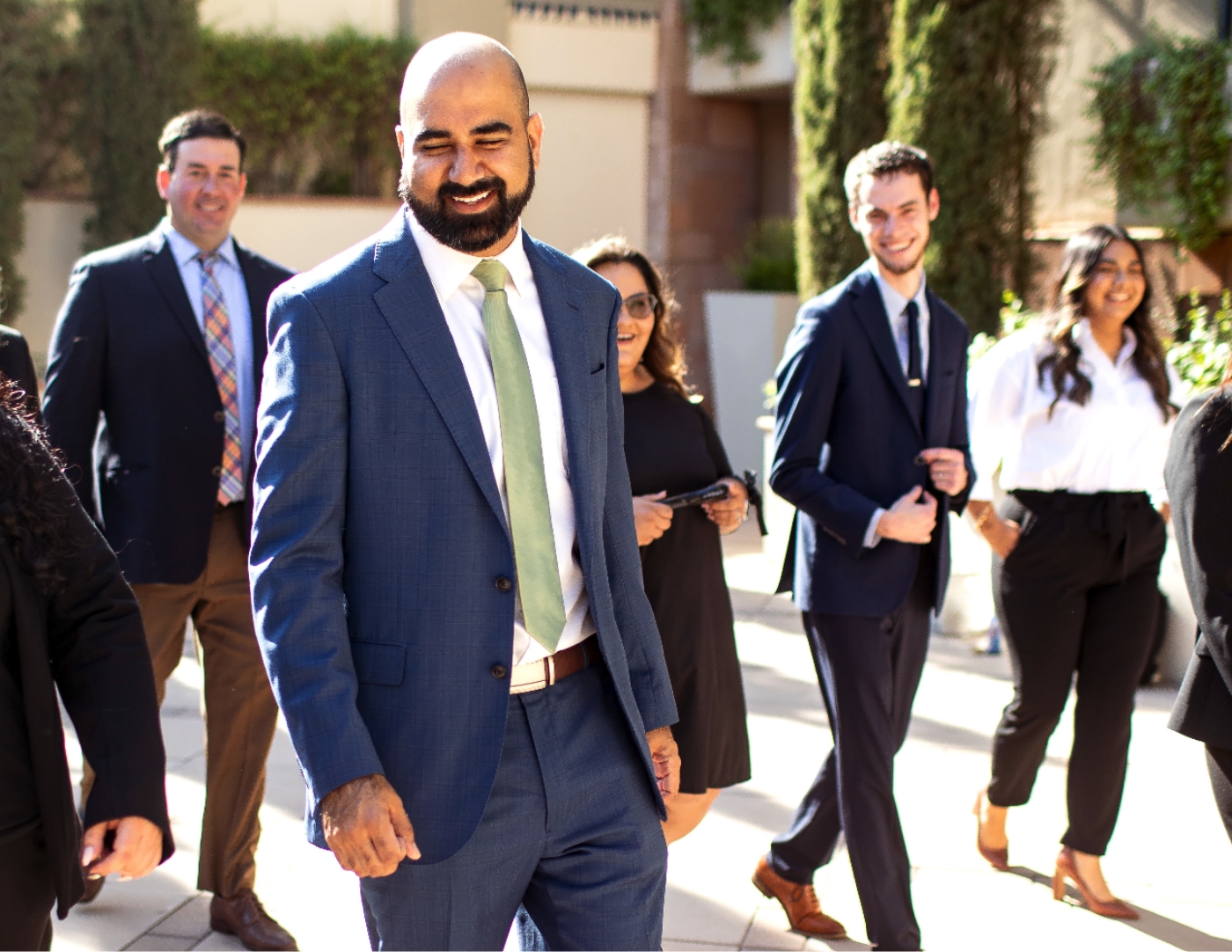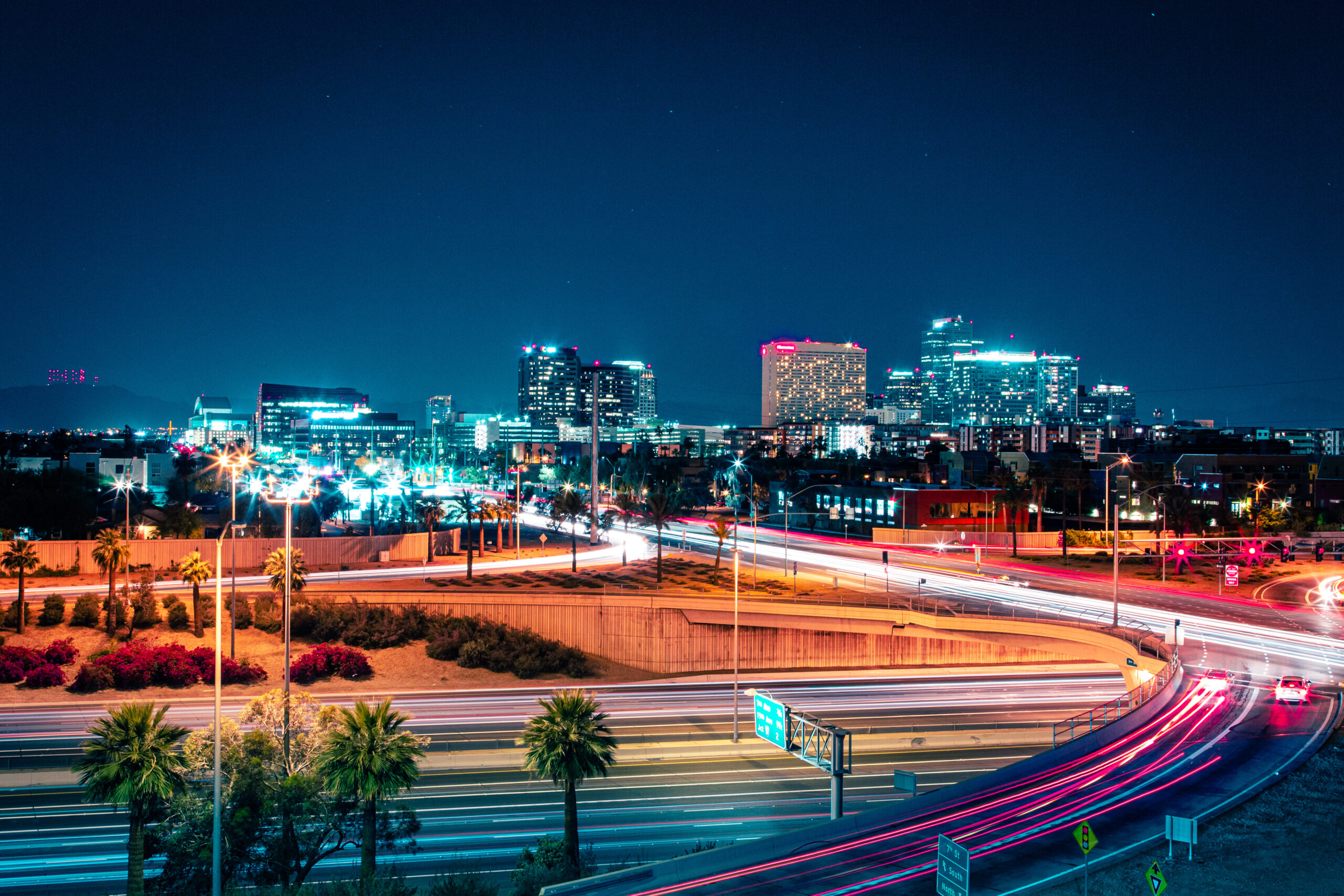Public Consumption of Alcohol
Public Consumption of Alcohol in
Arizona – A.R.S. § 4-244.20
Drinking in public may seem like a minor issue—but under Arizona law, it’s a criminal offense that can result in fines, probation, and even jail time. If you’ve been cited or arrested for public consumption of alcohol, it’s important to understand the statute, the possible consequences, and how a criminal defense attorney can help protect your rights.
What Is Public Consumption of Alcohol Under A.R.S. § 4-244.20?
Arizona Revised Statutes § 4-244.20 states:
“It is unlawful for a person to consume spirituous liquor in a public place, thoroughfare, or gathering.”
This law prohibits consuming alcohol in public unless you are in a specifically licensed area—like an event venue with a liquor license or a designated festival zone. Police typically enforce this statute when people:
- Walk between venues with an open container
- Step out of a vehicle (like a party bus or limo) holding a drink
- Tailgate or “pre-game” in areas where alcohol is not permitted
These types of incidents are common around events like:
- Spring Training baseball games
- The Waste Management Open
- Barrett-Jackson Auto Show
Concerts, festivals, or bar crawls
Yes, A.R.S. § 4-244.20 outlines several exceptions. Public alcohol consumption may be legal in the following circumstances:
- You’re on private property with permission
- You’re inside a licensed event space or designated beer garden
- You’re in a recreational area with alcohol consumption allowed by permit
However, stepping beyond the permitted area—even by a few feet—can lead to a charge. For example, drinking on the sidewalk just outside a venue or in a parking lot not part of the licensed area can result in a citation.
Public consumption of alcohol is a Class 2 misdemeanor, which is considered mid-level on Arizona’s misdemeanor scale. Penalties may include:
- Up to 4 months in jail
- Fines up to $750 plus surcharges
Up to 2 years of probation

Most first-time offenders with no prior record do not receive jail time, but the more lasting concern is often the criminal conviction itself, especially for an alcohol-related offense.
A conviction for drinking in public can show up on background checks and raise red flags for:
- Employers
- Landlords
- Licensing agencies
- Security clearance reviews
Yes. In many cases, our defense attorneys can negotiate diversion programs or deferred prosecution, which means:
- You complete alcohol education or adult responsibility classes
- The prosecutor agrees to dismiss the charges if the program is completed successfully
- You avoid a conviction and protect your record
Every case is different, but our firm has helped hundreds of clients successfully resolve these charges without a permanent mark on their record.
Common Defenses to Public Consumption Charges
As with any criminal charge, the burden is on the state to prove each element beyond a reasonable doubt. Defenses may include:
1. No Proof of Alcohol
Police often do not test or preserve the drink in question. If the alleged alcohol wasn’t tested or impounded, there’s no evidence it was spirituous liquor. Without proof, the government’s case is weak.
2. Destruction of Evidence
When officers dispose of or discard a drink without testing it, we may raise a destruction of evidence argument. This can significantly impact the prosecution’s ability to move forward.
3. Permitted or Licensed Area
You may have been drinking in a location where alcohol was legally permitted, such as:
- Inside event boundaries
- On private property
Within a permitted beer garden Officers sometimes overlook these exceptions or don’t understand the event’s licensing zones.
Charged With Drinking in Public in Arizona? We Can Help.
At our firm, we only handle criminal defense cases—and that includes frequent charges like public consumption of alcohol or drinking in public. Whether your case involves a misunderstanding or an honest mistake, we know how to build strong defenses, fight for diversions, and protect your future.
We offer:
- ✅ Free case evaluations
- ✅ A team 100% focused on criminal law
- ✅ A proven track record withalcohol-related offenses

Contact Us Today
Don’t let a minor incident turn into a permanent criminal record. Speak with our Arizona criminal defense team today.
📞 Call (602) 497-3088
💬 Free consultation | No pressure | Clear strategy for moving forward

